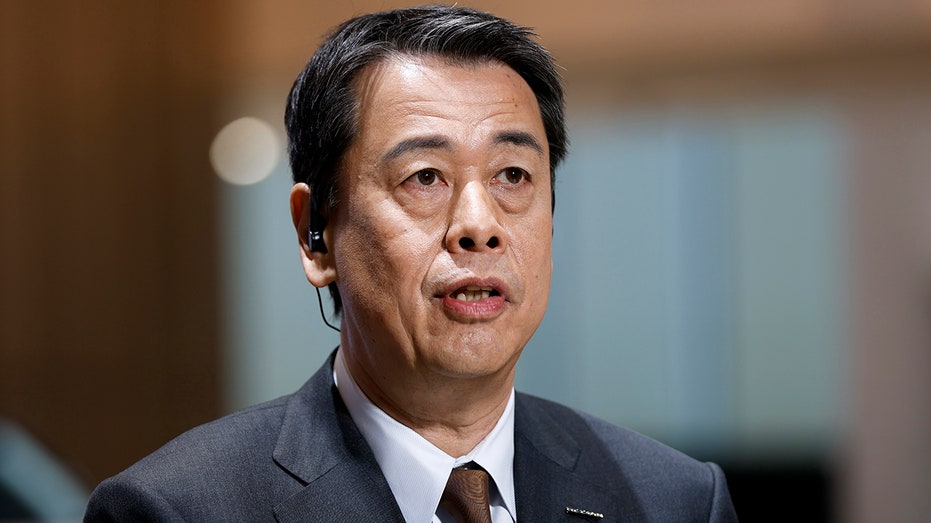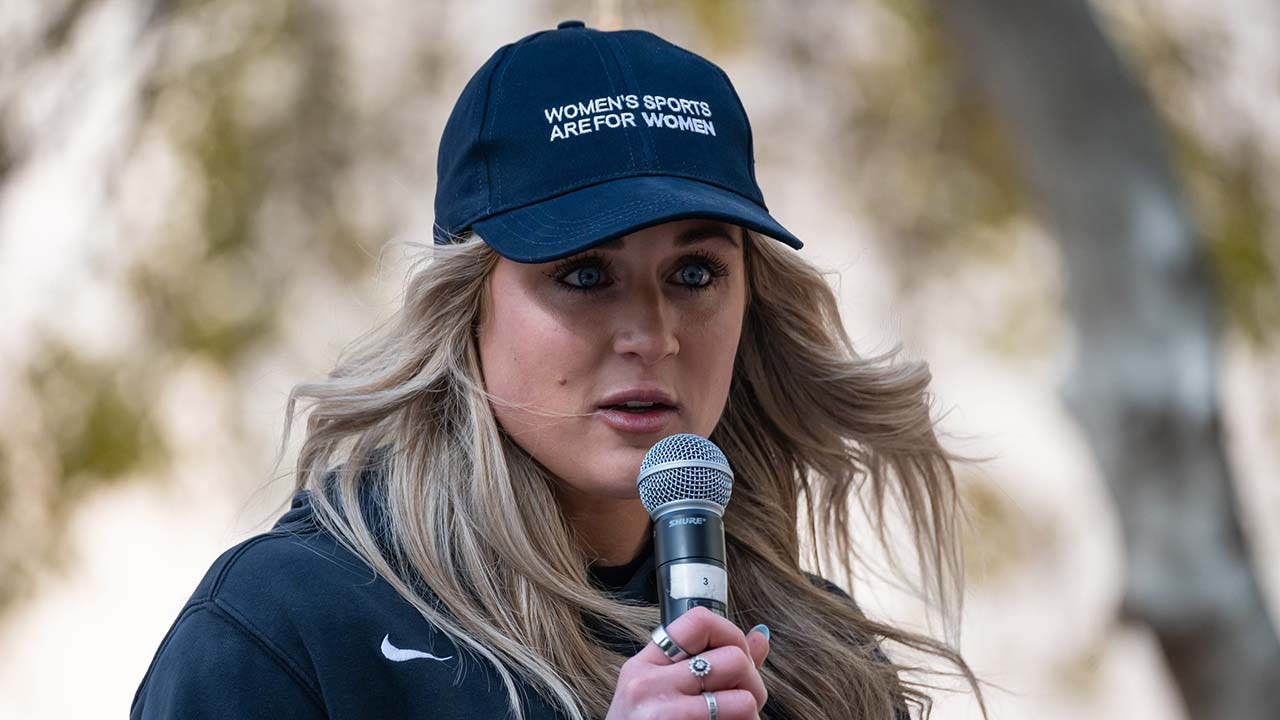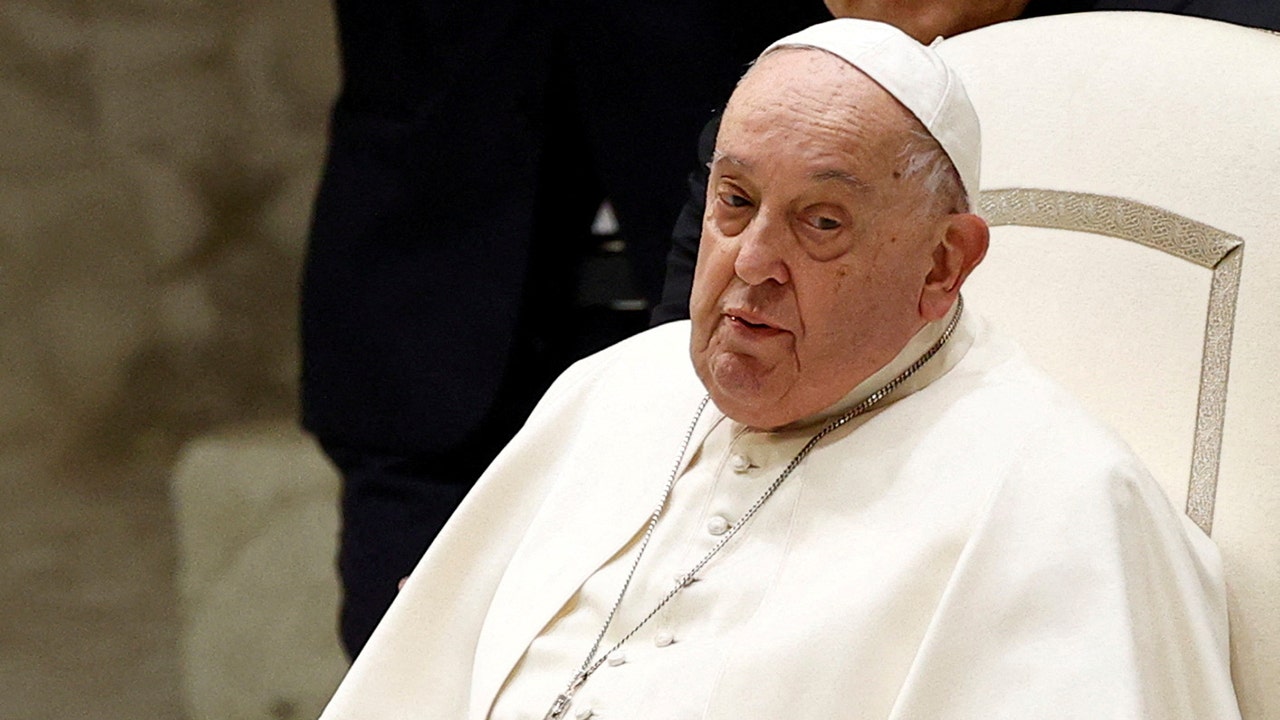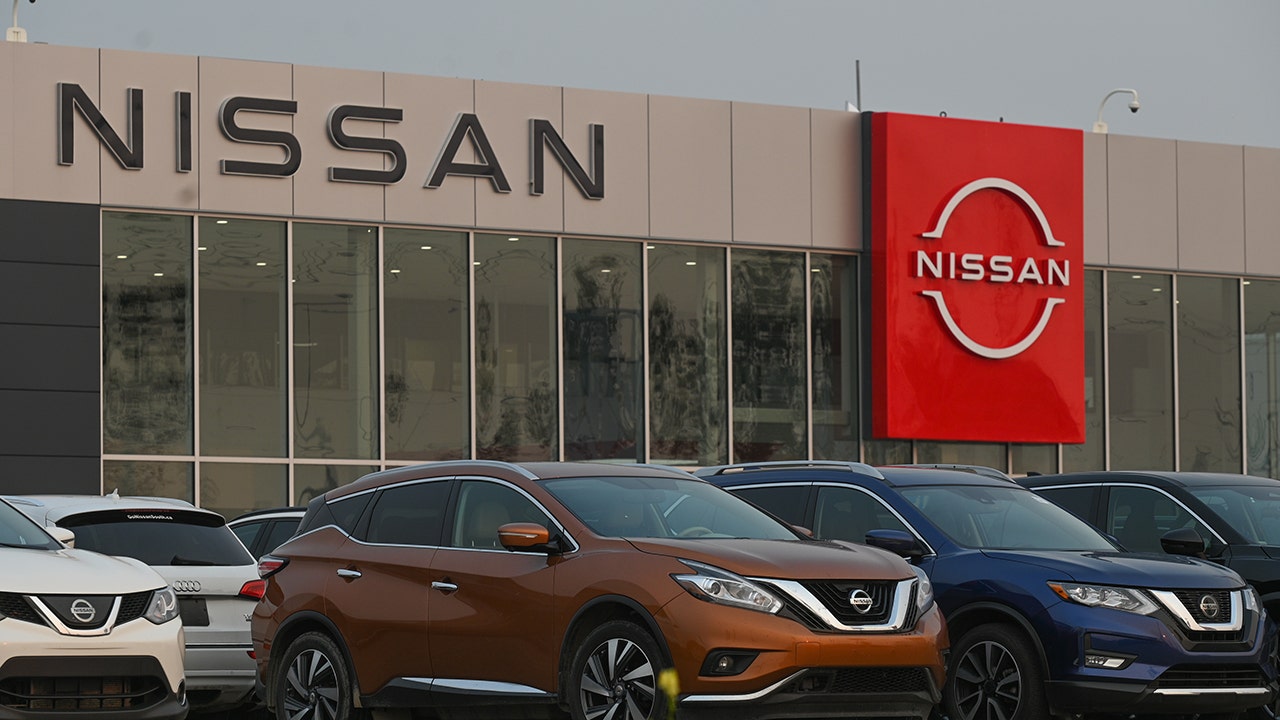Nissan CEO Makoto Uchida suggested President Trump’s tariffs could force the car manufacturer to shift its production outside of Mexico.
“From Mexico to the U.S., we are exporting a significant number of cars this fiscal year[…] 320,000 units are exported from Mexico to the U.S., and if the high tariffs are imposed, we need to be ready for this, and maybe we can transfer the production of these models elsewhere if this were the decision, we will think how we can make it a reality while monitoring the situation,” Uchida said, according to a translation on Reuters.
The move could be a major blow to Mexico’s auto production sector, as nearly 670,000 vehicles were made by Nissan in the country last year, with over 456,000 of those being exported, according to the Spanish-language UnoTV.
The outlet said Nissan ranks second in Mexico for those metrics after General Motors.
WHITE HOUSE ECONOMIST SAYS RECIPROCAL TARIFF NEGOTIATIONS WITH OTHER COUNTRIES UNDERWAY
“We are exporting a large volume to U.S., so if there’s a high tariff, this would have huge implications on our business, so we need to monitor this carefully.”
Trump’s 25% tariffs on Mexico are currently on hold until at least March following a conversation with Mexican President Claudia Sheinbaum. Trump has argued that the primary goal of tariffs on the United States’ southern neighbor is to promote border security.

“It was a very friendly conversation wherein she agreed to immediately supply 10,000 Mexican Soldiers on the Border separating Mexico and the United States. These soldiers will be specifically designated to stop the flow of fentanyl, and illegal migrants into our Country,” Trump said in a Truth Social post after the conversation with Sheinbaum, as critics argued that Mexico has sent in border troops multiple times in previous years.
WHAT’S HAPPENING WITH TRUMP’S TARIFFS ON CHINA, CANADA AND MEXICO?
Still, Trump said that conversations between the two countries will now be conducted by Cabinet officials, including Secretary of State Marco Rubio, Commerce Secretary Howard Lutnick and Treasury Secretary Scott Bessent, according to the post at the time.
However, the possibility of tariffs resuming is causing popular companies in the United States, like Nissan, to consider actions to avoid higher costs if their production lines are based out of Mexico, China or Canada. Besides the tariffs with Mexico, the White House announced there would be reciprocal tariffs on countries that add a premium to the cost of American goods.
“By making trade more reciprocal and balanced, we can reduce the trade deficit; grow the United States economy; and improve our trade relationships with trading partners to the benefit of American workers, manufacturers, farmers, ranchers, entrepreneurs, and businesses,” Trump said in a memorandum on Thursday.



